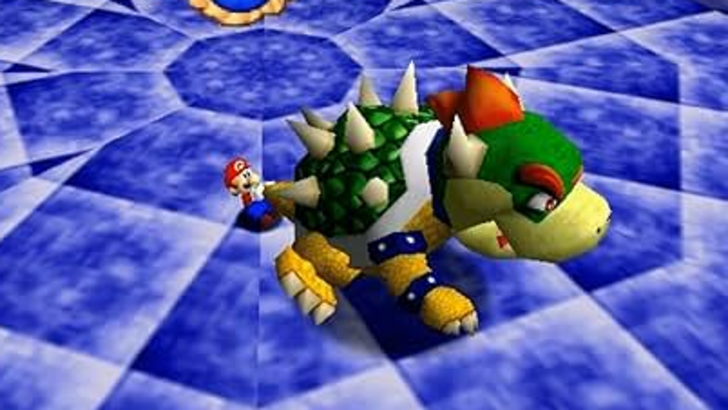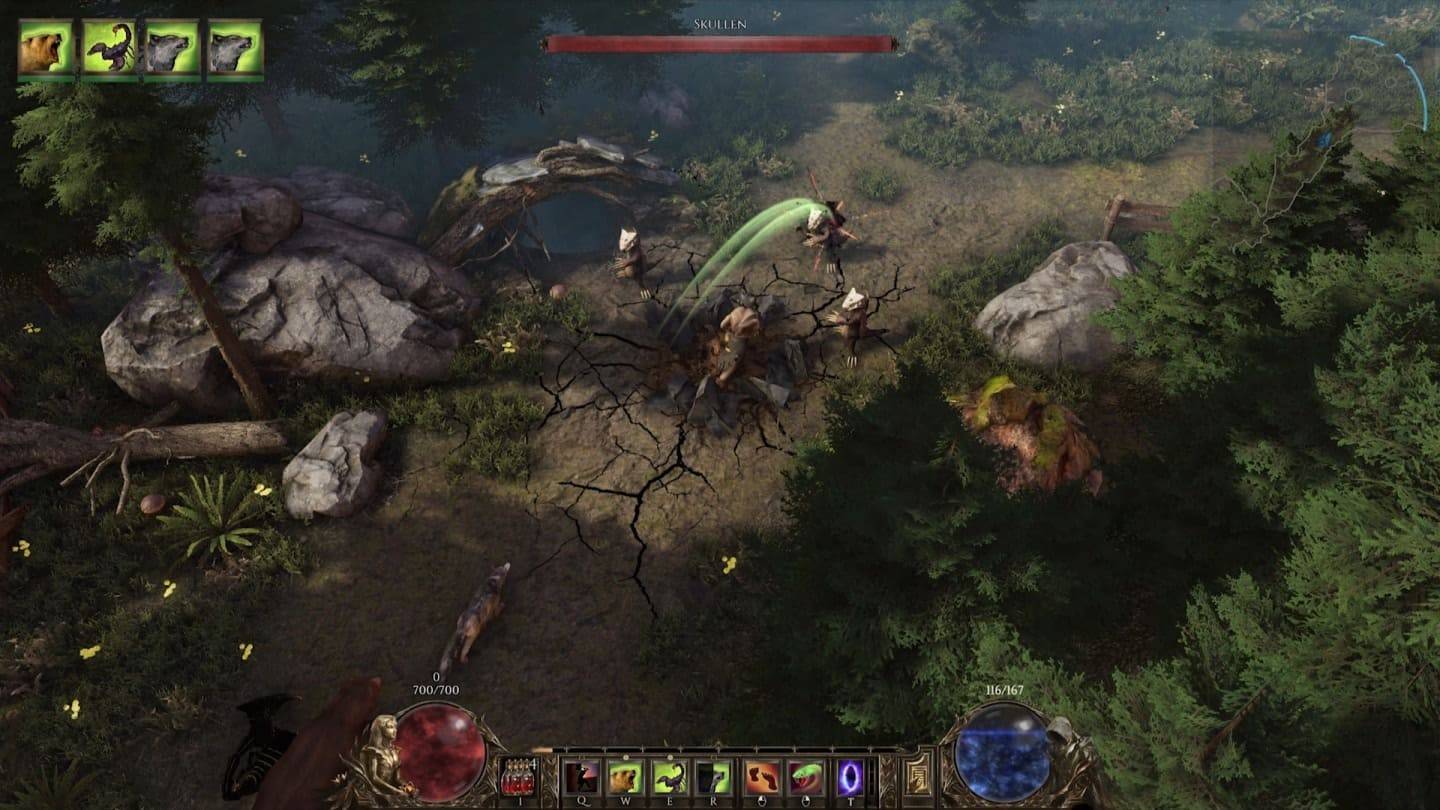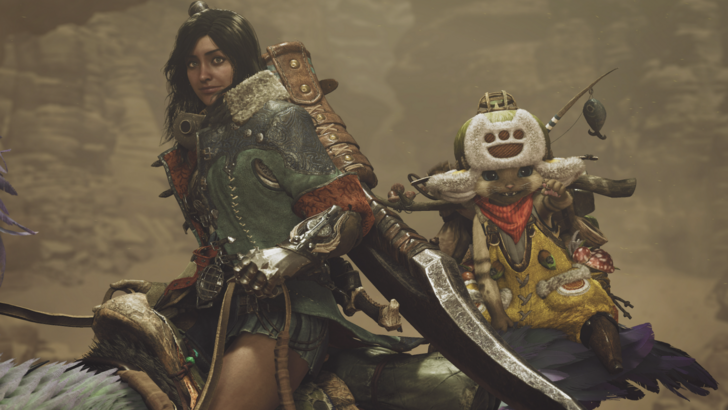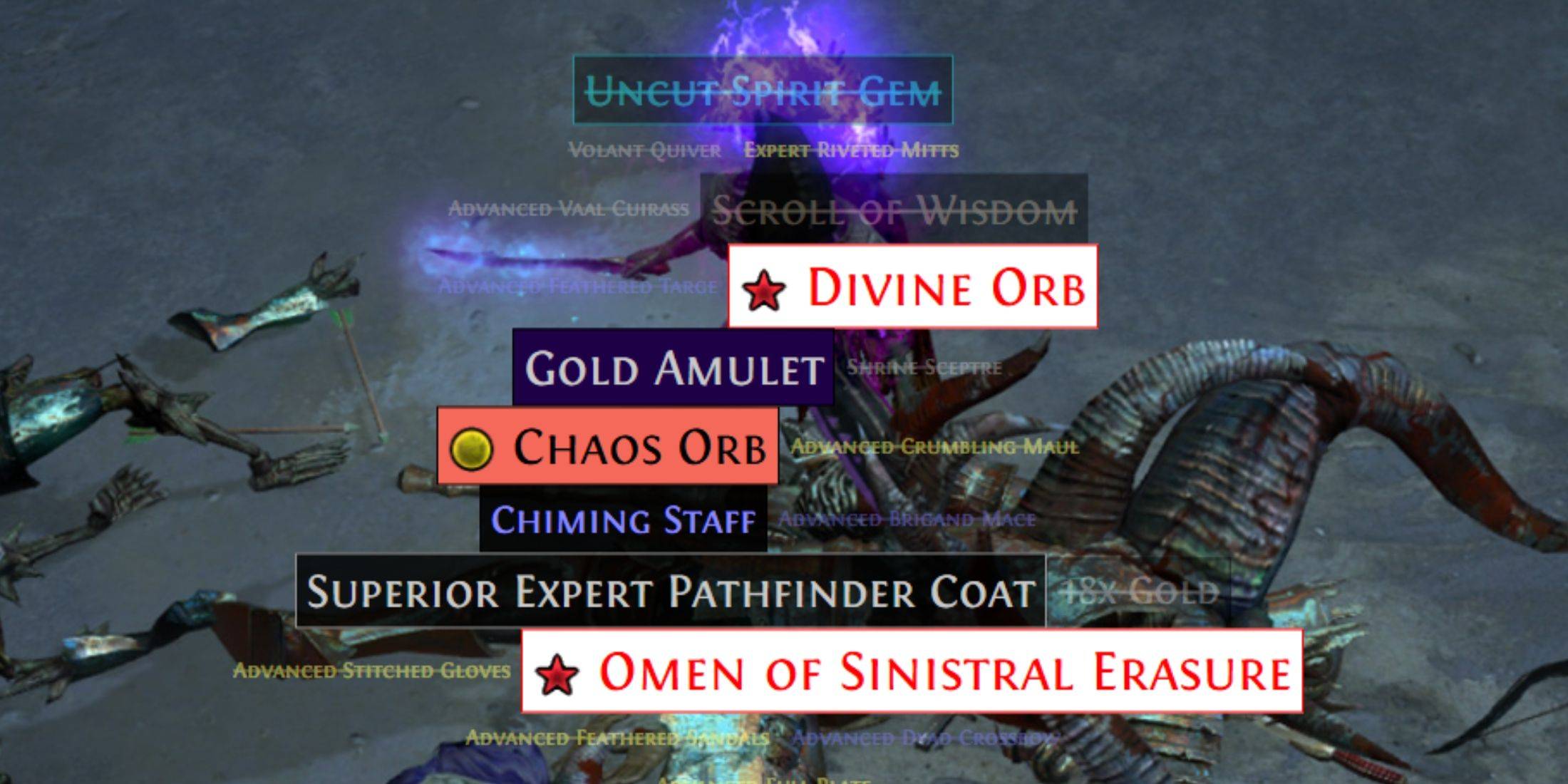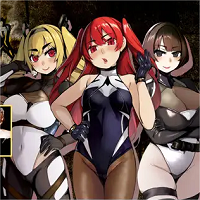The Marvel Cinematic Universe (MCU) has revolutionized entertainment with its interconnected series of films and TV shows, crafting a long-running, cohesive narrative that has captivated audiences worldwide. In contrast, Marvel video games operate independently, each telling unique stories that do not intersect. For instance, Insomniac's Marvel's Spider-Man series stands separate from Eidos-Montreal's Marvel's Guardians of the Galaxy. Similarly, upcoming titles like Marvel 1943: Rise of Hydra, Marvel's Wolverine, and Marvel's Blade are designed without any shared universe elements.
However, there was once a bold vision at Disney to establish a Marvel Gaming Universe (MGU), aiming to replicate the MCU's success within the gaming world. This ambitious plan was discussed on The Fourth Curtain podcast by host Alexander Seropian and guest Alex Irvine, both of whom were involved in the project.
Seropian, known for co-founding Bungie and working on Halo and Destiny, led Disney's video game division before departing in 2012. Irvine, a veteran writer for Marvel games, contributed significantly to Marvel Rivals, handling world-building, dialogue, and character backstories.
Irvine reminisced about the early days of his involvement with Marvel games, highlighting the initial concept of the MGU. "When I first started working on Marvel games, there was this idea that they were going to create a Marvel gaming universe that was going to exist in the same way that the MCU did," he shared. "It never really happened."
Seropian confirmed that the MGU was his initiative, pitched before the MCU's rise. "When I was at Disney, that was my initiative, 'Hey, let's tie these games together.' It was pre-MCU," he said. "But it didn't get funded."
Irvine, drawing from his experience with the Halo ARG I Love Bees, detailed how the MGU could have functioned. "That was so frustrating because we came up with all these great ideas about how to do it," he explained. The plan included incorporating ARG elements, creating a central hub where players could engage with content from all games, and linking comics and other media to create a seamless, interconnected experience. However, as Seropian noted, the project lacked the necessary funding to proceed.
The complexity of the MGU concept may have contributed to its demise. Irvine elaborated, "Even back then, we were trying to figure out, 'If there's going to be this MGU, how is it different from the comics? How is it different from the movies? How are we going to decide if it stays consistent?' And I think some of those questions got complex enough that there were people at Disney who didn't really want to deal with them."
It's intriguing to ponder what might have been if the MGU had received the green light. Perhaps Insomniac's Spider-Man games could have coexisted with Square Enix's Marvel's Avengers and Marvel's Guardians of the Galaxy, allowing for character crossovers and a grand, Endgame-style narrative arc.
Looking forward, fans are curious about the potential connections between Insomniac's upcoming Marvel's Wolverine game and the existing Spider-Man universe. Will Wolverine share the same world as Spider-Man, or could characters from the Spider-Man games make cameo appearances in Wolverine?
Ultimately, the MGU remains a fascinating 'what if' in the annals of video game history. While it never came to fruition in our universe, perhaps in another reality, it thrives as a testament to what could have been.

DC and Marvel Superheroes: What's The Best Recent Game?
Pick a winner

 New duel
New duel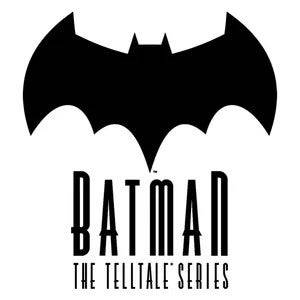 1ST
1ST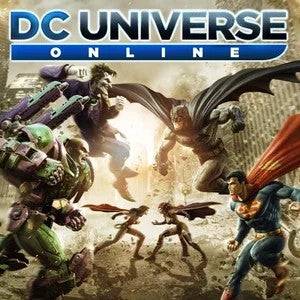 2ND
2ND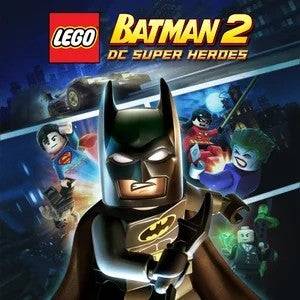 3RDSee your ResultsFinish playing for your personal results or see the community’s!Continue playingSee results
3RDSee your ResultsFinish playing for your personal results or see the community’s!Continue playingSee results

 Latest Downloads
Latest Downloads
 Downlaod
Downlaod
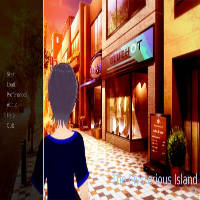

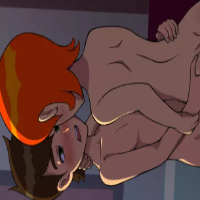

 Top News
Top News